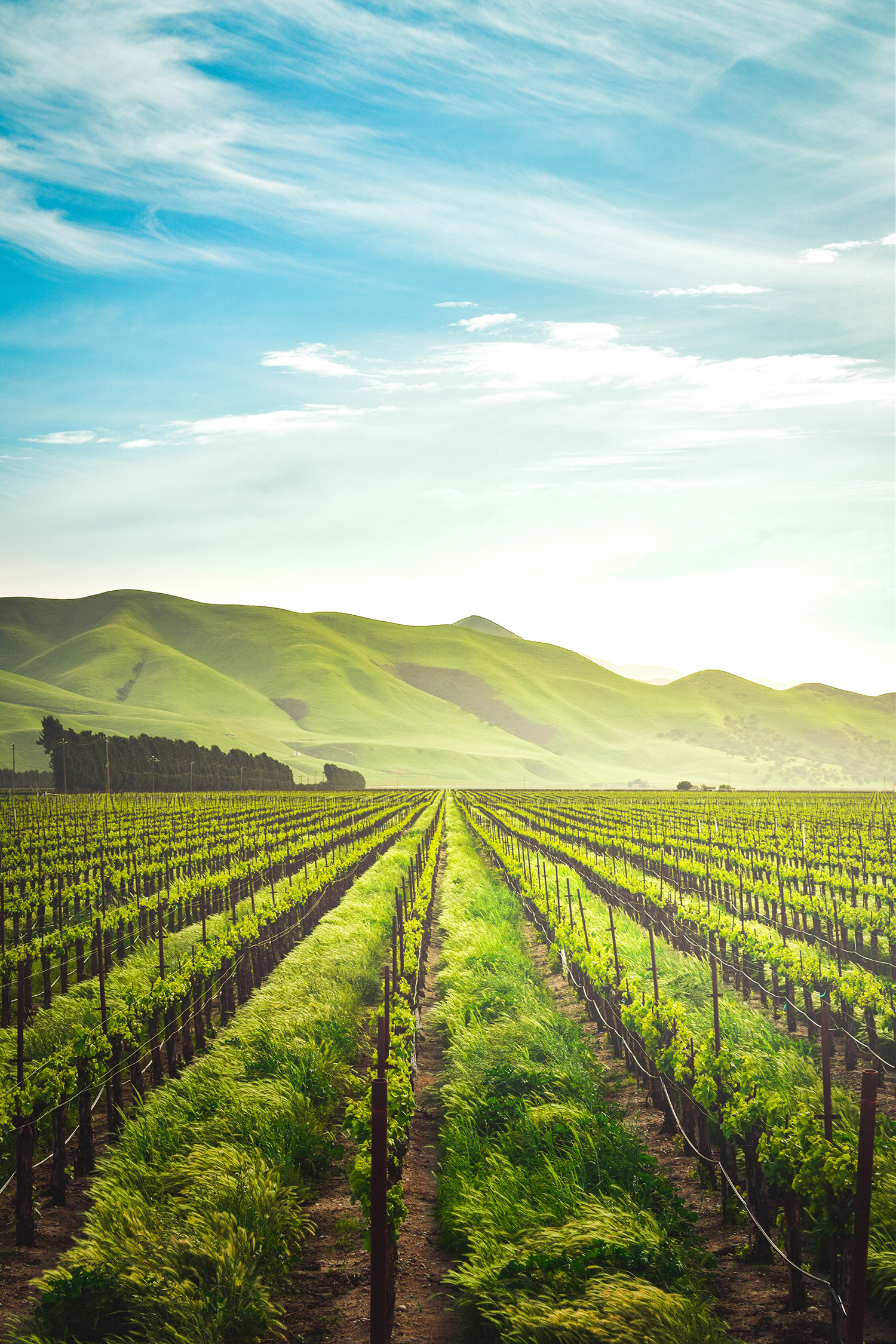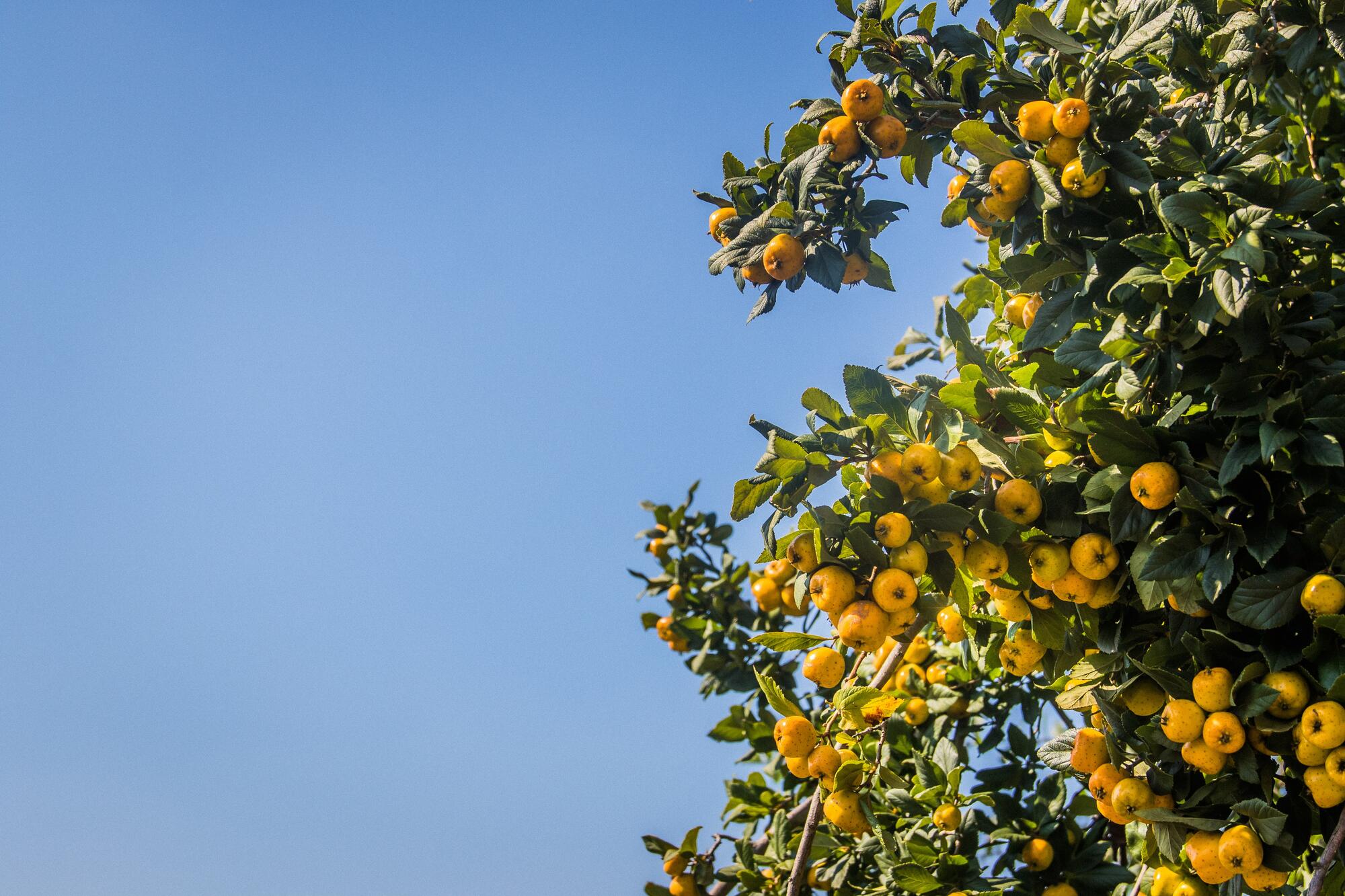Second Regional Workshop on “Applications of Juncao Technology and its Contribution to the Achievement of Sustainable Agriculture and the Sustainable Development Goals in Africa” 18 - 19 December 2023
Related
Background
Ⅰ. Purpose of the Workshop
At the halfway point of the 2030 Agenda for Sustainable Development, the application of science and technology in developing sustainable agricultural practices has the potential to accelerate transformative change in support of the Sustainable Development Goals. In that regard, this capacity building workshop is convened in the context of UNDESA’s mission to advise interested Governments on the ways and means of translating policy frameworks developed in UN conferences and summits into programmes at the regional level and, through technical assistance that helps build national capacities for the achievement of the 2030 Agenda and its SDGs. Capacity building activities are also aimed at strengthening and maintaining the capabilities of states and societies to design and implement strategies that minimize the negative impacts of current social, economic and environmental crises and emerging challenges. As a cross-cutting entry point, capacity building activities promote the integration of the 2030 Agenda for Sustainable Development and the Sustainable Development Goals (SDGs) into national sustainable development planning frameworks, sharing lessons learned and good practices through workshops and related events.
The 2030 Agenda recognizes that capacity-building forms part of the means of implementation for the SDGs (paragraph 41). Each SDG contains targets relating to means of implementation, including capacity- building. Moreover, SDG 17, which covers means of implementation and the global partnership for sustainable development, contains target 17.9 which aims to: "Enhance international support for implementing effective and targeted capacity-building in developing countries to support national plans to implement all the sustainable development goals, including through North-South, South-South and triangular cooperation”.
In that regard, UN DESA is collaborating with the National Engineering Research Centre for Juncao Technology of the Fujian Agriculture and Forestry University (FAFU) of the People’s Republic of China, under the UN Peace and Development Trust Fund, on a project entitled “Enhancing capacity of developing countries to achieve sustainable agriculture through the transfer of Juncao technology for alleviating poverty and promoting productive employment”. This project is linked to issues that are important to developing countries, including eradication of poverty, reduction of hunger, use of renewable energy, promotion of employment, protection of the environment and responsiveness to climate change. It fits the special conditions and needs of many developing countries in Asia, Africa, Latin America and the Caribbean and has the potential to help developing countries overcome development challenges and advance the implementation of the 2030 Agenda and the SDGs.
This technology, which is being transferred to developing countries through south-south cooperation and upon request, allows smallholder farmers and entrepreneurs in developing countries to cultivate edible and medicinal mushrooms using Juncao grass for poverty alleviation and environment protection. The use of Juncao grass as a substitute for mushroom substrate contributes to the preservation of trees and soil erosion and desertification control. Besides substituting for wood to grow mushrooms, Juncao grass is increasingly being used as livestock feed and in environmental protection and energy and fertilizer production. Juncao technology has also led to the emergence of a new industry that uses Juncao grass to produce fiberboard and paper.
Hence, the mobilization of capacity building and the transfer of environmentally sound technologies to developing countries such as the Juncao technology contributes to achievement of the 2030 Agenda for Sustainable Development and the SDGs. In that regard, UN DESA has partnered with Fujian Agriculture and Forestry University of China to promote the adoption of Juncao technology by interested Governments, contributing to improving lives and livelihoods and employment creation.
II. Background
The world is grappling with overlapping crises that include the cost-of-living crisis, rising inequalities, climate crisis, conflicts, and lingering COVID-19 effects. These crises are threatening hard-earned SDG progress, and in some cases have reversed gains made. According to The Sustainable Development Goals Report 2023: Special edition, progress on more than 50 percent of targets is weak and insufficient; on 30 percent, it has stalled or gone into reverse. These include targets on poverty, hunger and climate – all three areas where the adoption of the Juncao technology could be part of the policy options to advance sustainable solutions for the 21st century, particularly the goals relating to eradicating poverty and hunger, employment creation, empowerment of women and youth, and mitigating and adapting to climate change. If present trends persist, by 2030, a staggering 575 million people will remain trapped in extreme poverty while the number of people suffering from hunger reached 800 million in 2021. A majority of the extreme poor and hungry live in sub-Saharan Africa where poverty continues to be overwhelmingly rural and is primarily concentrated in the agricultural sector. Hence, the Juncao technology can support family farmers to develop innovative, tailored and locally adapted solutions that can address global challenges and help in transitioning to more efficient, inclusive, resilient and sustainable agrifood systems that leave no one behind.
In his 2021 report on agriculture technology for sustainable development (A/76/227), the United Nations Secretary-General observed that various technologies presented opportunities to boost agricultural production, improve efficiency, minimize waste and reduce drudgery in agrifood systems, thus benefiting economic, social and environmental well-being. These technologies include biotechnologies, digital technologies, renewable energy technologies, mechanization and data advancement. And in his 2023 report on agriculture technology for sustainable development (A/78/228), the Secretary-General further highlights how agricultural technologies can be scaled up, with attention paid to assuring access by disadvantaged groups such as women and young people, ensuring efficient, inclusive, resilient and sustainable agrifood systems and leveraging emerging opportunities for achieving the SDGs, in particular in times of crisis, including the ongoing cost-of-living crisis, climate change, and the effects of conflicts and COVID-19 pandemic.
Further, the 2030 Agenda, the second High-level United Nations Conference on South-South Cooperation and its outcome document (A/RES/73/291), and General Assembly (A/RES/75/235) recognize “the important role that South-South and triangular cooperation play in fostering partnerships among developing countries that lead to the end of poverty and hunger and to the achievement of food security and improved nutrition, as well as the promotion of sustainable agriculture.” The General Assembly (A/RES/75/230) also “…encourages the international community to enhance international cooperation and to devote resources to developing rural and urban areas and sustainable agriculture and fisheries and to supporting smallholder farmers, especially women farmers, herders and fishers in developing countries, particularly in the least developed countries.”
Hence, the mobilization of capacity building and the transfer of environmentally sound technologies to developing countries such as the Juncao technology contribute to achieving the 2030 Agenda for Sustainable Development and the SDGs. DESA, in partnership with FAFU will continue to work with the government and institutions towards ensuring that poor rural women and unemployed youth have sustainable livelihoods and decent employment through support to capacity-building efforts aimed at promoting agriculture. When successfully implemented, the Juncao technology will address poverty, employment, and environmental concerns in rural areas.
Announcements
Provisional agenda
Concept Note
Presentations

Sustainable consumption and production

Food security and nutrition and sustainable agriculture

